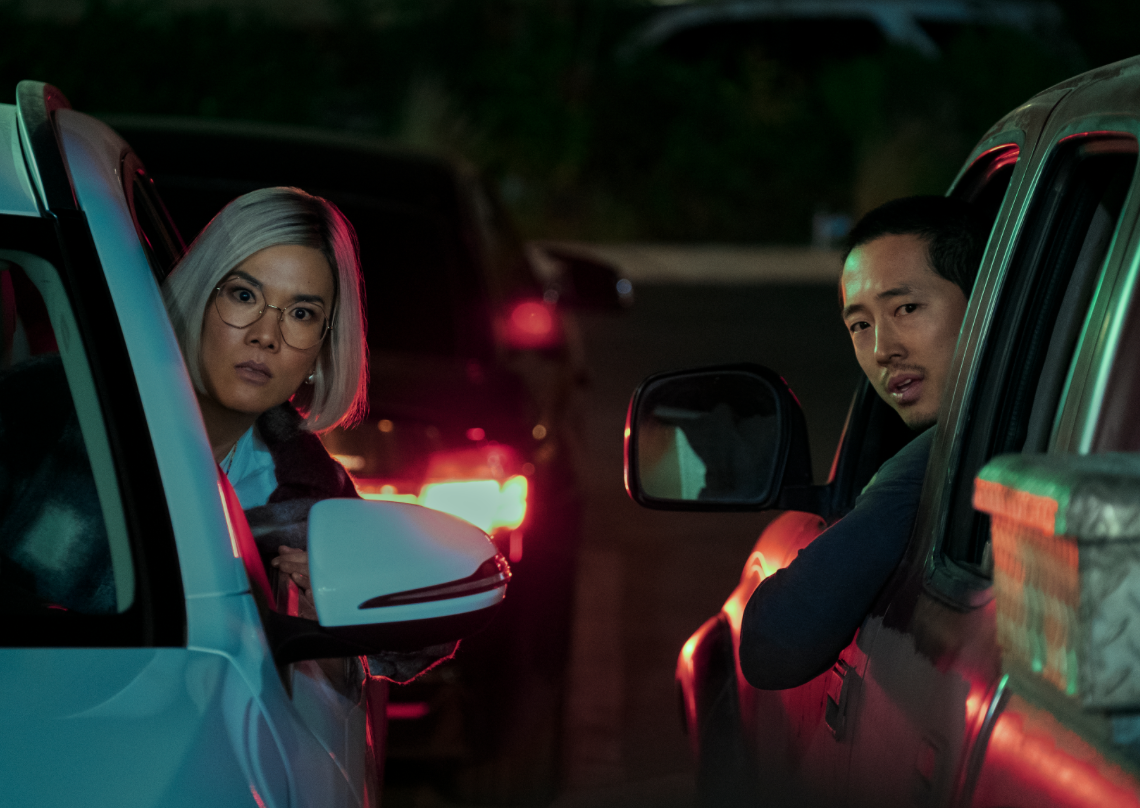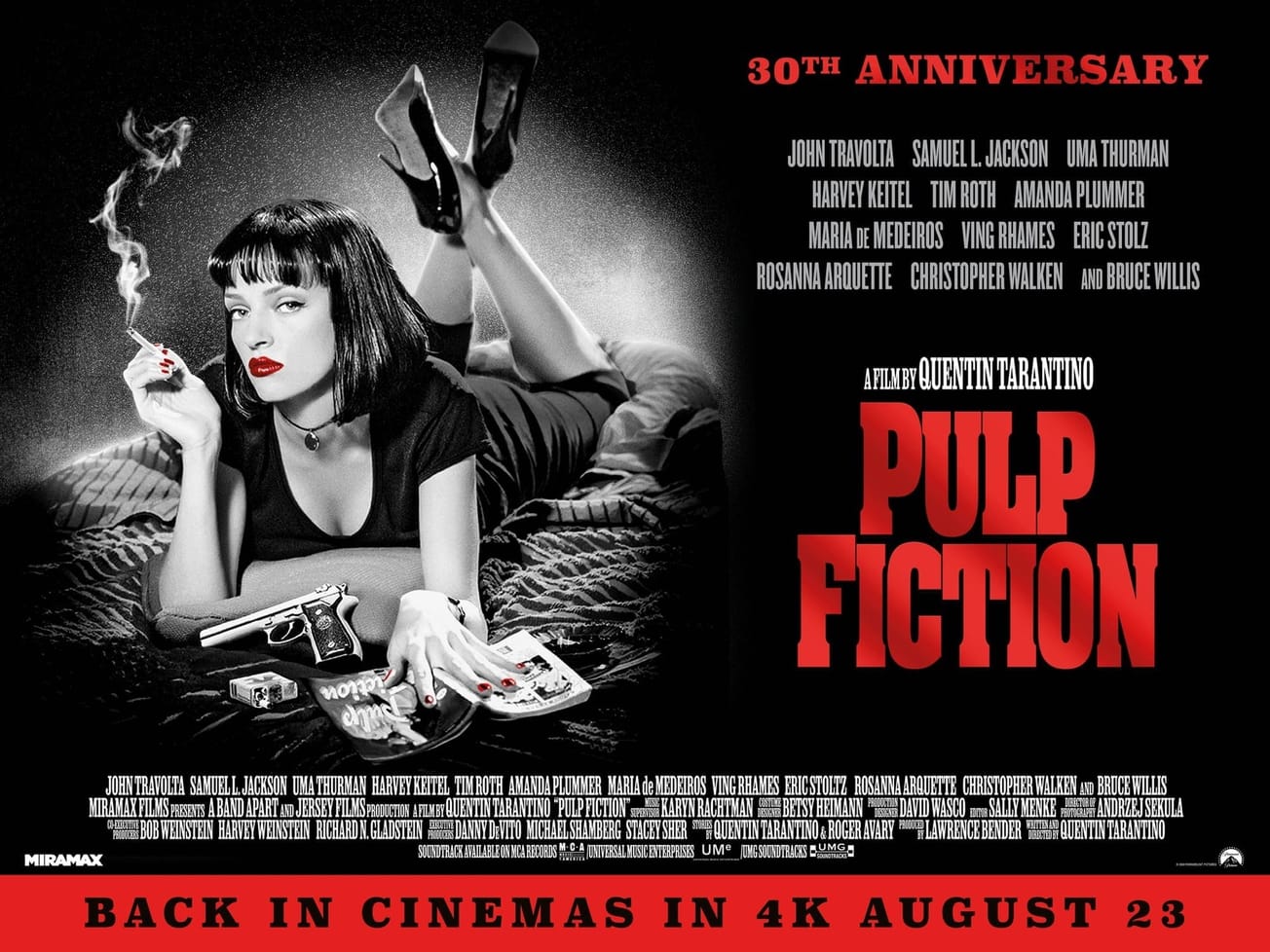By Chris Leonard, Third Year, English
Lee Sung Jin’s Beef (2023) is about a fight between two strangers who are deeply involved in each other’s lives. It is a beautiful meditation on our society’s addiction to hate. It explores why we get angry, what is important to us, and why we are so afraid of being alone.
Amy (Ali Wong) and Danny (Steven Yeun), two millennial East Asian Americans, try to cope with their stressful, unfulfilling lives as they collide in a parking lot. Neither of them can let go of the beef, or the fight, sparking a spiral of revenge. They both become entangled in each other’s lives, allowing themselves and each other to become consumed by hate. Their addiction to their cycle of vengeance is exactly what the show wants to crack: what we are hiding when we hate.

On a surface level and for most of the series, the show delivers on the comedy of the situation's absurdity. It hilariously plays with concepts of mistaken identity, catfishing, lying, stealing, parenting, cheating, and crime. The beef is so captivatingly petty.
While Amy, a wealthy entrepreneur, struggles with being a wife in a failing marriage, a parent, and a businesswoman, Danny is grinding to revive his contracting business with his childish brother, whilst trying to dodge his prison-prone cousin.
Their day-to-day lives become so hectic that trolling each other becomes stress management, a release of tension manifested through screaming, plotting, and hurting. However, when lines are crossed, the feud spirals into violence, causing permanent damage.

When things escalate, we question how far these two people are willing to go. How much damage are they willing to do to themselves and their loved ones just to win against the other?
Hate and violence are masks which we wear when we can’t address the horror of everyday life. Danny and Amy rub these masks in each other's faces, making them far more aware of each other than those they would consider loved ones.
The two are connected spiritually to each other through their hate. What we see is the loneliness and pain of two people who are terrified of being abandoned, haunted by family trauma, and unable to come to terms with their places in the world. The beauty of Beef comes when we learn love can tear us apart and hate can bring us together.

Alienation in today’s late-stage capitalist hellscape is far too common. This issue is furthered by the all-Asian American cast, marking the show as one of Netflix’s only Western TV series to have a majority Asian American cast. This kind of representation is sorely missed in cinematic circles.
In the wake of a rise in violence against Asian Americans and the Stop Asian Hate movement, Beef is taking part in an important milestone for Western TV and cinema, where we see far more Asian American-created shows portraying Asian Americans authentically.
This show is an excellent addition to Netflix. Its style, humour, and themes remind me of Russian Doll (2019), Bojack Horseman (2014), and Atlanta (2016). Beef is a ten-episode-long series comprised of thirty-minute-long episodes, perfect for binging this Spring.
Featured Image: Netflix
Have you seen Netflix's latest Asian-led series?







